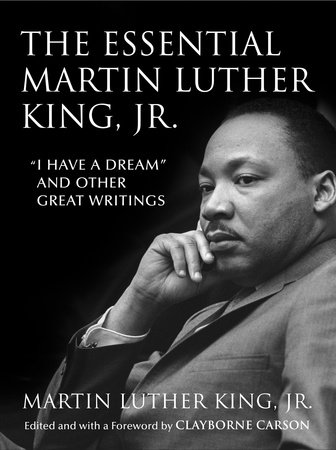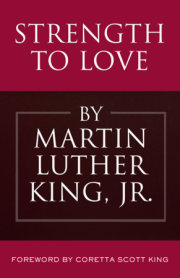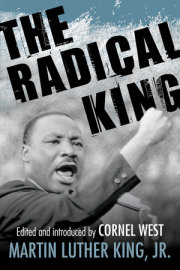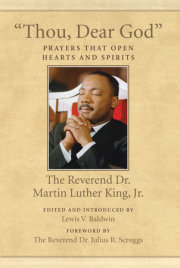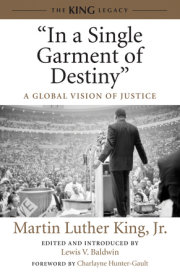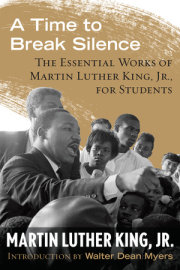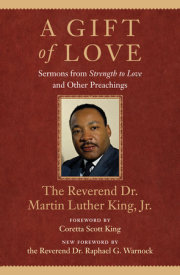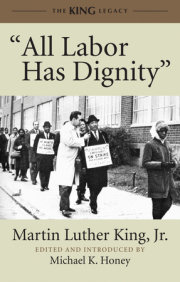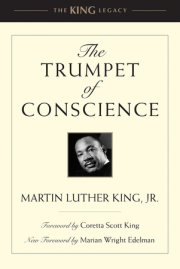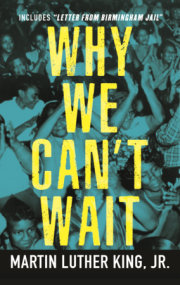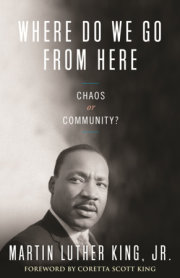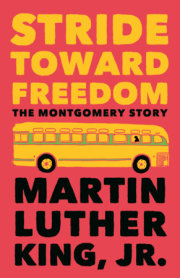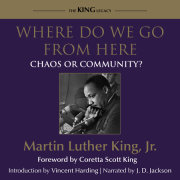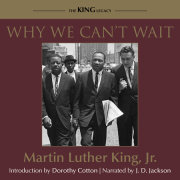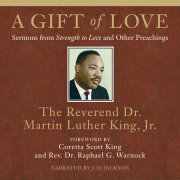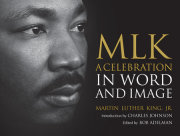“Rediscovering Lost Values,” sermon delivered in Detroit on February 28, 1954
Delivered at Montgomery Improvement Association Mass Meeting, Montgomery, December 5, 1955
"Facing the Challenge of a New Age," delivered to Institute on Nonviolence and Social Change, Montgomery, December 3, 1956
“The Birth of a New Nation,” Sermon delivered at Dexter Avenue Baptist Church, Montgomery, April 7, 1957
“Give Us the Ballot,” Prayer Pilgrimage, May 17, 1957
Palm Sunday Sermon on Mohandas K. Gandhi, Delivered at Dexter Avenue Baptist Church, March 22, 1959
Address at the Youth March for Integrated Schools on 18 April 1959
“The Social Organization of Nonviolence,” Liberation, October 1959
Pilgrimage to Nonviolence,” Christian Century, April 13, 1960
Address Delivered at the Freedom Rally in Detroit’s Cobo Hall, June 23, 1963
Letter from Birmingham City Jail, April 16, 1963
“I Have a Dream,” the March on Washington for Jobs and Freedom, August 28, 1963
Nobel Peace Prize Acceptance Speech, December 10, 1964
Nobel Lecture, “The Quest for Peace and Justice,” December 11, 1964
“Our God is Marching,” delivered at conclusion of voting rights march from the Selma to Montgomery, March 25, 1965
“Black Power,” narrative of the Mississippi voting rights march, June 1966
“Beyond Vietnam” Address at Riverside Church in New York on April 4, 1967
“Where Do We Go From Here,” August 16, 1967
“Why Jesus Called a Man a Fool,” sermon delivered in Chicago, August 27, 1967
“The Drum Major Instinct,” Sermon at Ebenezer Baptist Church in Atlanta, February 4, 1968
“I’ve Been to the Mountaintop,” delivered in Memphis, April 3, 1968

